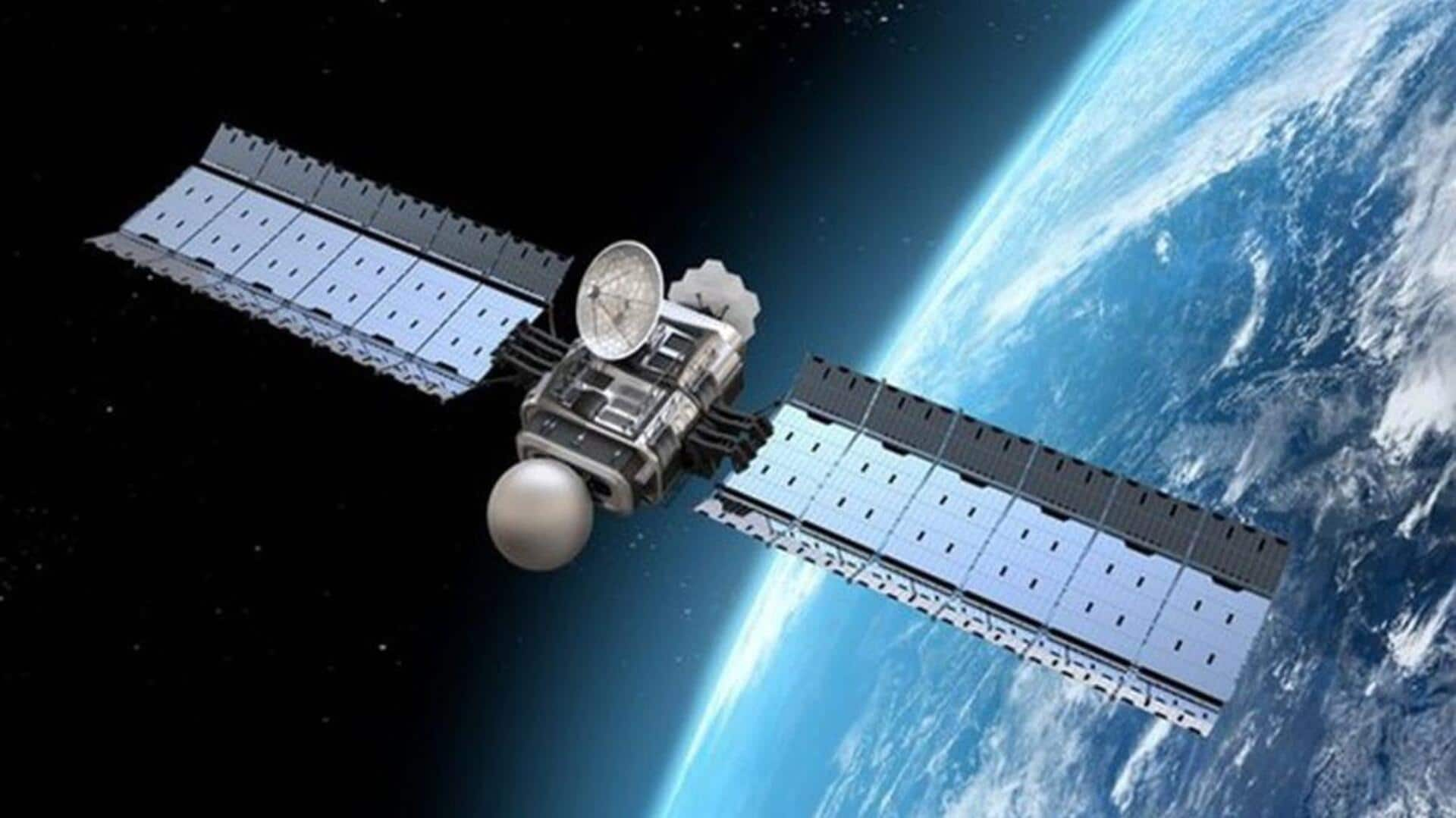
Why SpaceX-ISRO's GSAT-20 satellite launch is a game-changer
What's the story
Elon Musk's space exploration firm SpaceX has successfully launched the Indian Space Research Organisation's (ISRO) GSAT-20 communication satellite. The launch occurred from Florida's Cape Canaveral earlier today. This is a major milestone as it is the first commercial collaboration between ISRO and SpaceX. GSAT-20, aka GSAT N-2, is a 4,700kg communication satellite which was too heavy for India's rockets to carry.
Satellite capabilities
GSAT-20 to enhance internet connectivity in India
The GSAT-20 will be operational for 14 years, offering critical services across India. These include internet connectivity for remote areas and in-flight internet services. Notably, this launch comes after recent regulatory changes allowing such connectivity in Indian airspace. The satellite is ISRO's first to use the advanced Ka-band frequency exclusively, enabling it to provide a higher bandwidth with its range of radio frequencies between 27GHz and 40GHz. The GSAT-20 carries 32 user beams and is India's highest throughput satellite.
Financials
Launch cost and future prospects
Experts believe that NewSpace India Limited (NSIL), ISRO's commercial arm under the Department of Space, paid SpaceX nearly ₹500 crore for the launch of GSAT-20. Radhakrishnan Durairaj, Chairman and Managing Director of NSIL, confirmed that GSAT-20 is "fully insured." He expressed optimism about the satellite's potential to generate revenue over its 14-year lifespan. Viasat Inc., a prominent US-based satellite services provider, plans to leverage the capacity of GSAT-20 to offer in-flight and maritime connectivity services in India.
Partnership
ISRO-SpaceX collaboration: A new era in space exploration
This launch marks a new era in commercial space collaborations, with ISRO and SpaceX teaming up for the first time. Earlier, India depended on European launch services for heavy satellites. However, with Arianespace's current lack of operational rockets and geopolitical tensions limiting options from Russia and China, SpaceX became the most viable option. This partnership not just strengthens commercial ties but also boosts India's capabilities in satellite tech and communication services.